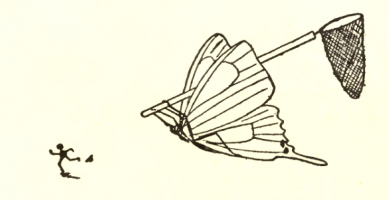 Title: Attractive names sustain increased vegetable intake in schools
Title: Attractive names sustain increased vegetable intake in schools
What Caught Our Attention: One thing can be said for the corrections for Brian Wansink‘s papers — they aren’t short. After James Heathers outlined some of his concerns about the highly cited study back in March, 2017, the journal has issued a correction, and it’s longer (1636 words) than the original, highly cited paper (1401 words). Some of the changes include explaining the children studied were preschoolers (3-5 years old), not preteens (8-11), as originally claimed. (It may be hard to imagine how the authors could make such a mistake, but they did it once before, in another retracted paper.) Even with all those words explaining the correction — we’re only including an excerpt of the entire notice below — some concerns still remain: Continue reading Caught Our Notice: Brian Wansink issues correction that’s longer than original paper

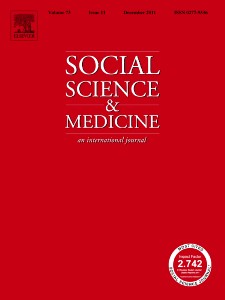
 The Karolinska Institutet in Sweden has declared that once-lauded surgeon
The Karolinska Institutet in Sweden has declared that once-lauded surgeon 
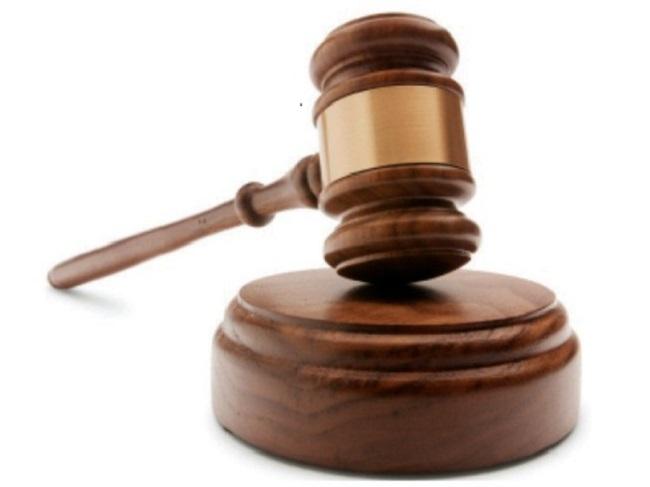
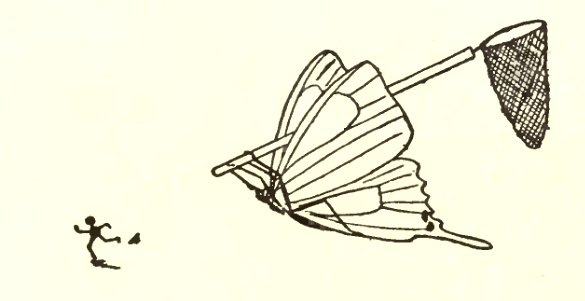 Title:
Title: 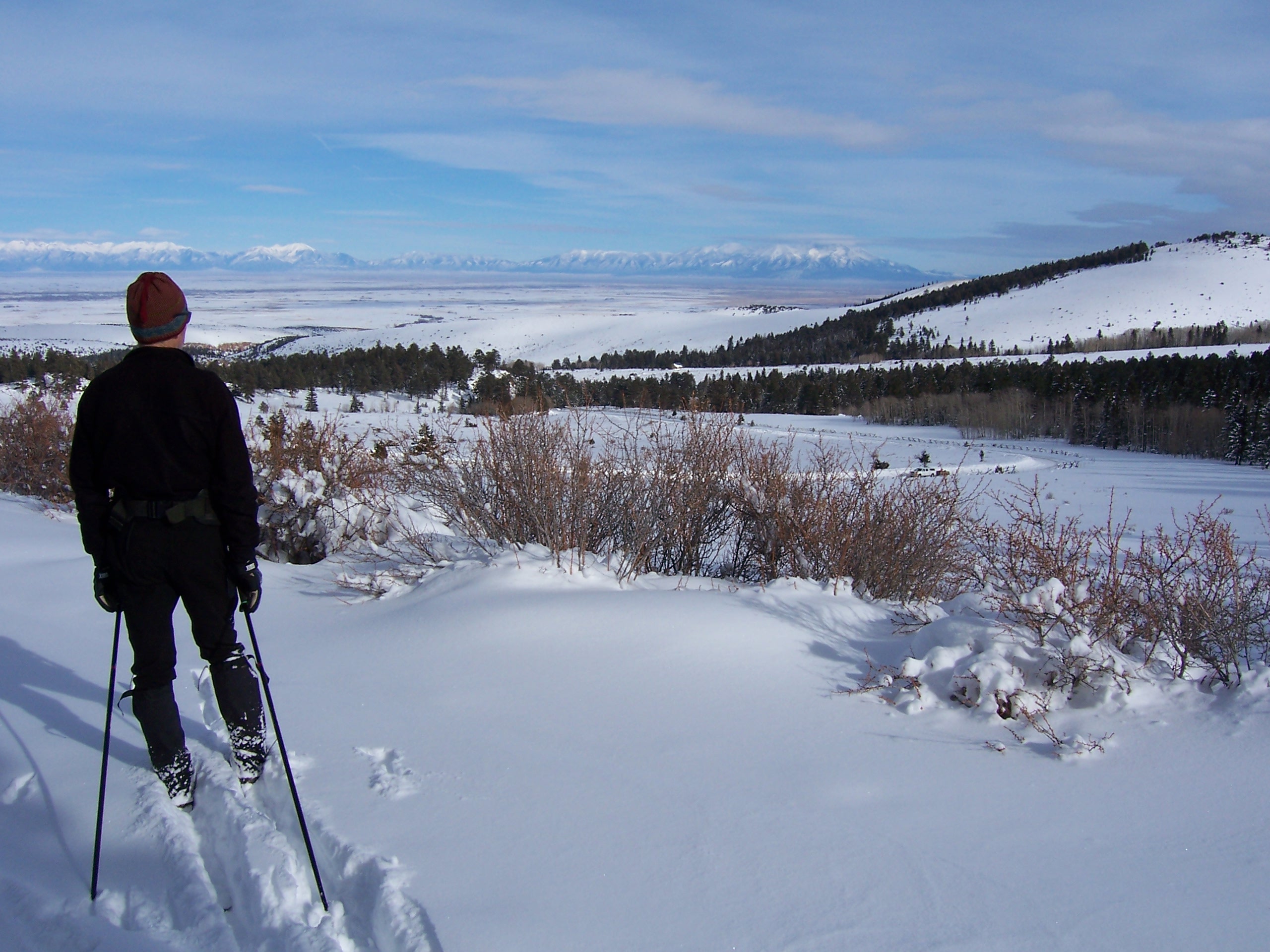

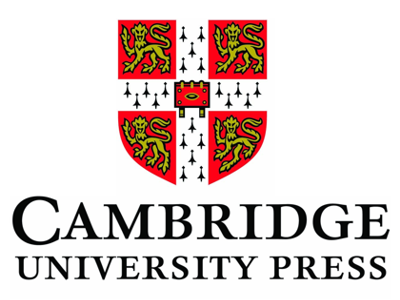 A paleontology journal has retracted a recent paper after discovering it had published the
A paleontology journal has retracted a recent paper after discovering it had published the